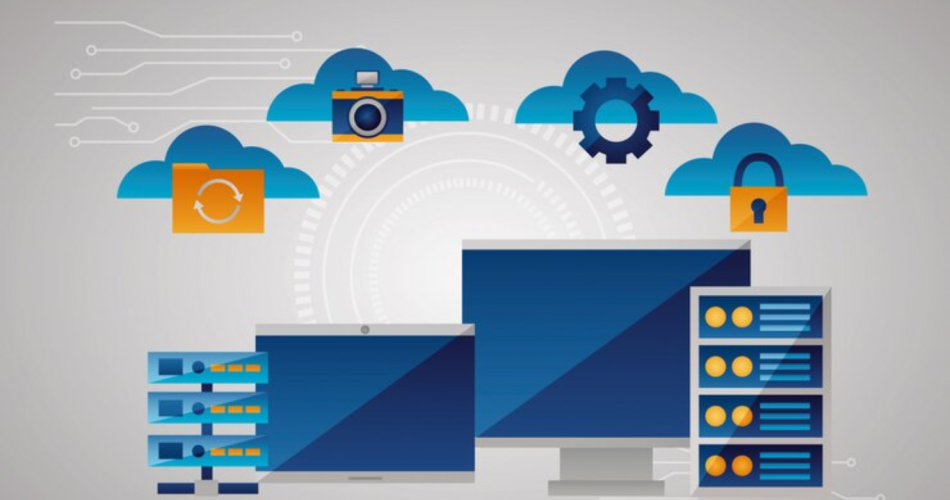When it comes to web hosting, shared hosting is a popular and cost-effective choice for hosting websites. While they are cost-effective and convenient, shared hosting solutions present unique challenges in terms of security.
At Kwikaweb, we understand that security is paramount, so we’ll be delving into essential tips and best practices for safeguarding your website when hosted on a shared hosting platform. By following these guidelines, you can fortify your website’s defenses and protect your valuable data from potential threats.
1. Update Regularly
Keeping your website software, plugins, and scripts up-to-date is your first line of defense. Hackers often exploit vulnerabilities in outdated software. Regular updates patch these vulnerabilities, making it significantly harder for unauthorized access.
2. Implement Strong Passwords
Encourage the use of complex passwords for all accounts associated with your website. A strong password is a simple yet effective way to prevent brute-force attacks. Utilize a mix of uppercase and lowercase letters, numbers, and special characters to create robust passwords.
3. Use SSL Encryption
SSL (Secure Socket Layer) encryption encrypts data transmitted between your website and visitors, ensuring that sensitive information remains confidential. Most reputable shared hosting providers offer free SSL certificates, which not only enhance security but also boost your website’s SEO.
4. Enable Web Application Firewall (WAF)
A Web Application Firewall acts as a shield against various online threats, including DDoS attacks and SQL injections. It filters and monitors HTTP traffic between a web application and the Internet, providing an additional layer of security.
5. Backup Regularly
Regular backups are your safety net. In the unfortunate event of a security breach, having recent backups ensures that you can quickly restore your website to its previous state. Many hosting providers offer automated backup solutions; make sure to take advantage of this feature.
6. Limit File Permissions
Review and configure file permissions carefully. Restrict write permissions wherever possible. Properly configured file permissions prevent unauthorized users from modifying critical files on your website.
7. Use Reputable Plugins and Themes
If you’re using a CMS like WordPress, stick to plugins and themes from reputable sources. Third-party plugins and themes can contain vulnerabilities. Always download them from official repositories to minimize security risks.
Securing your website on a shared hosting environment demands diligence and proactive measures. Remember, investing in your website’s security is an investment in your online reputation and the trust of your visitors.
Upgrade your security measures with Kwikaweb’s shared hosting security solutions today!
